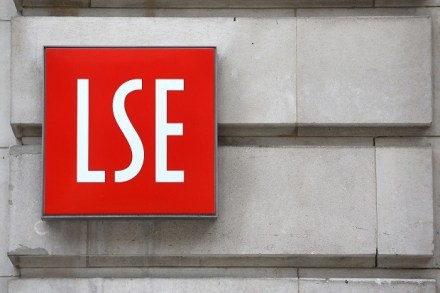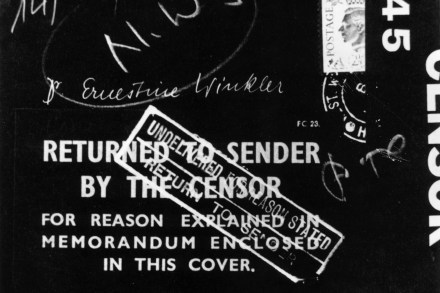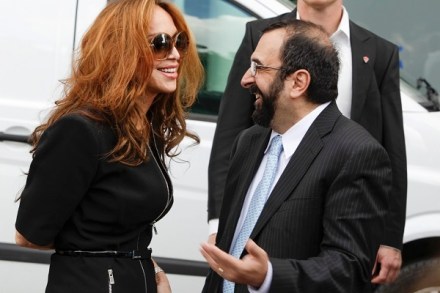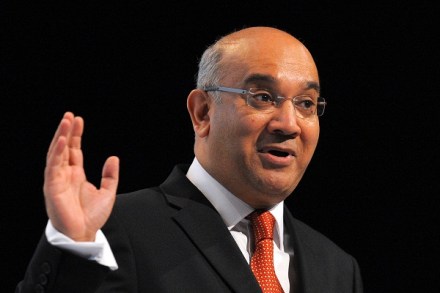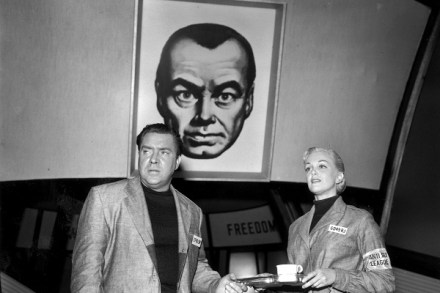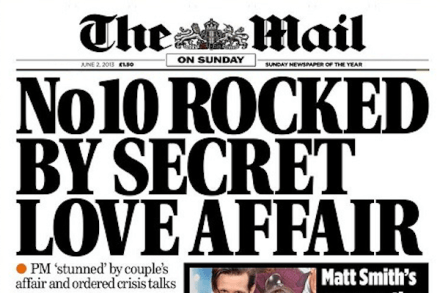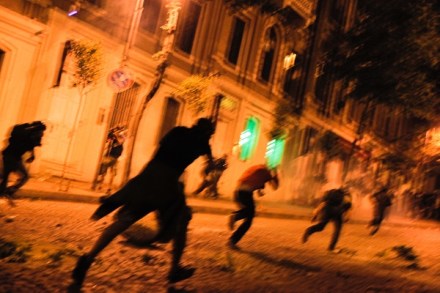Veiled differences
Last night I took part in an interesting debate for Channel 4 News. It was on the wearing of the niqab – or full face veil – in the UK. I think it was my first speaking appearance at the East London Mosque – and certainly the first time I have addressed an audience almost entirely consisting of women whose faces I could not see. Yasmin Alibhai-Brown was, like me, arguing against the wearing of the full-face veil and she made some excellent points. I stayed around afterwards talking to some of the niqabis, and polite and pleasant though most of them were I suppose it reinforced one of the





